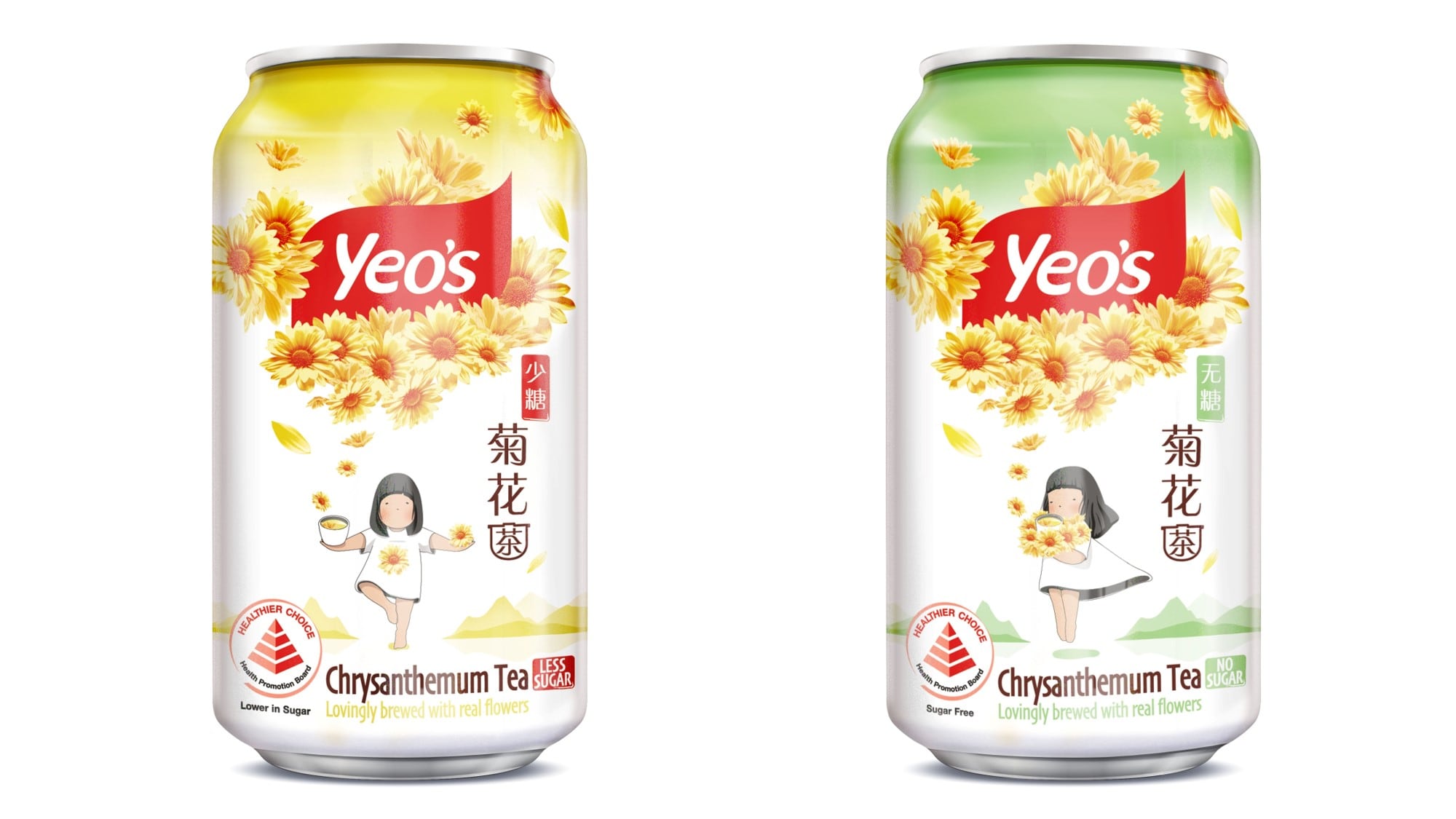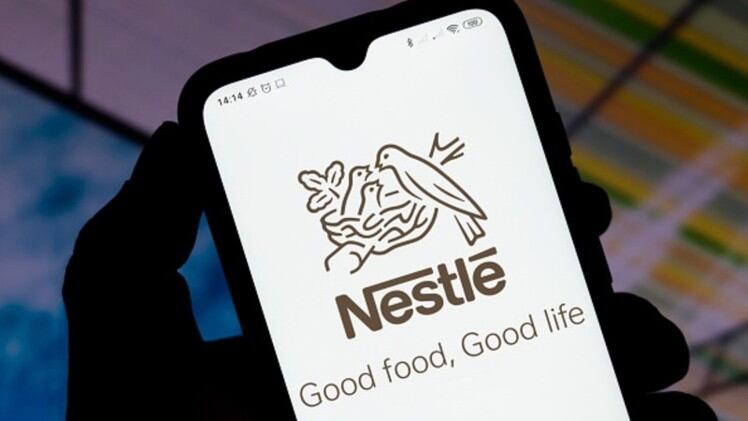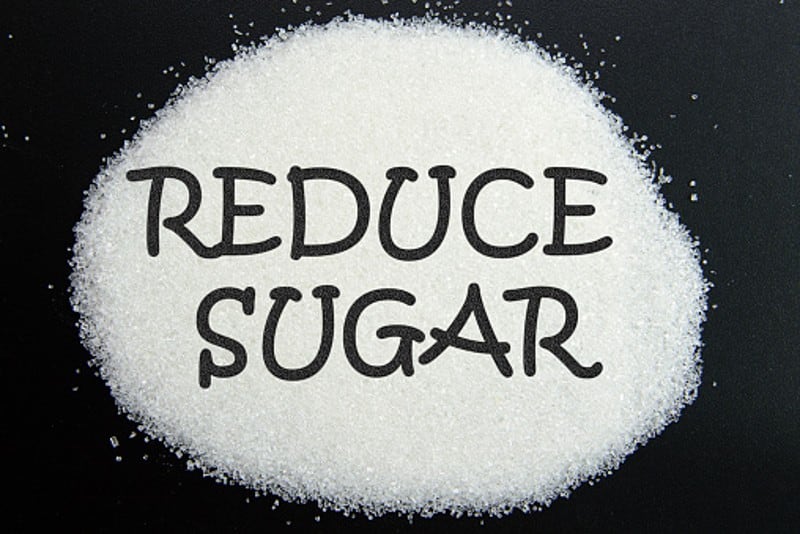This month sees the official enforcement of Singapore’s Nutri-Grade labelling system for sugar-sweetened beverages (SSBs) that will prescribe four different label grades according to sugar content, with A (dark green) the ‘healthiest’ containing the least sugar and D (red) the ‘most unhealthy’ containing the most sugar.
The dreaded Grade C and D drinks will contain 5% and more of sugar by volume, and Asian household beverage name Yeo’s has already taken steps to avoid labels with these grades by full reformulating its beverage products to all contain less than 5% of sugar.
“All of Yeo’s beverages will fall in categories A and B in 2023,” Yeo’s CME Ang Chong Lee told FoodNavigator-Asia.
“We have adapted our beverages to include less than 5% of sugar or zero sugar - For example, our Chrysanthemum tea was reformulated to include less and zero sugar versions.
“Cutting sugar altogether works well for herbal drinks, [and] we have also taken the opportunity to enhance our Asian drinks portfolio by using healthy botanical ingredients like wolfberry and luohanguo (monkfruit).”
Although a large part of the industry has thus far remained neutral on the implementation of Nutri-Grade, Yeo’s has expressed support for the system in order to improve public health.
“We believe the new measures will provide consumers with more information on sugar content in beverages, helping them to identify healthier products and ingredients easily,” Lee added.
“Yeo’s fully supports healthy living and consumption, and continue to launch healthier drinks that contain less sugar and no added preservatives.”
In addition to staying in line with regulatory measures, Yeo’s also believes that its major reformulation move will also help it to stay in tune with consumer tastes, as consumers have also been adapting towards reduced-sugar products in the region.
“We have seen consumer preference on sweetness level dropping gradually over the years. [and they] are also paying more attention to nutritional labelling,” he said.
“[This is likely to] be a long-term trend as consumers in general and young people, in particular are increasingly more focused on health and wellness.
“As a result, we have seen a growing trend worldwide of people opting for beverages with lower or even zero sugar [so] are constantly reformulating to reduce the sugar content while maintaining great taste.”
Nutri-Grade was announced by the Singapore government in 2020 and originally planned for an end-2021 enforcement, which was derailed by the impacts of the COVID-19 pandemic.
Cutting sugar not taste
Although regulations and consumer awareness have pushed beverage firms towards a need for reformulation, this is in fact easier much said than done as sugar is a crucial ingredient in providing the taste factor that attracts consumers.
Yeo’s has worked out formulations to remove the sugar in some of its products without using sweeteners but instead topping up the usage of other ingredients, such as increasing the chrysanthemum flower content in its iconic chrysanthemum tea to create the desired mouthfeel.
“Consumers expect us to deliver innovative and great tasting products that promote health and wellness,” Lee added.
“[So] for example in our Chrysanthemum Tea, [we] have also innovatively developed formulations [leading to] new variants, carrying wholesome ingredients such as honey and wolfberry.”





